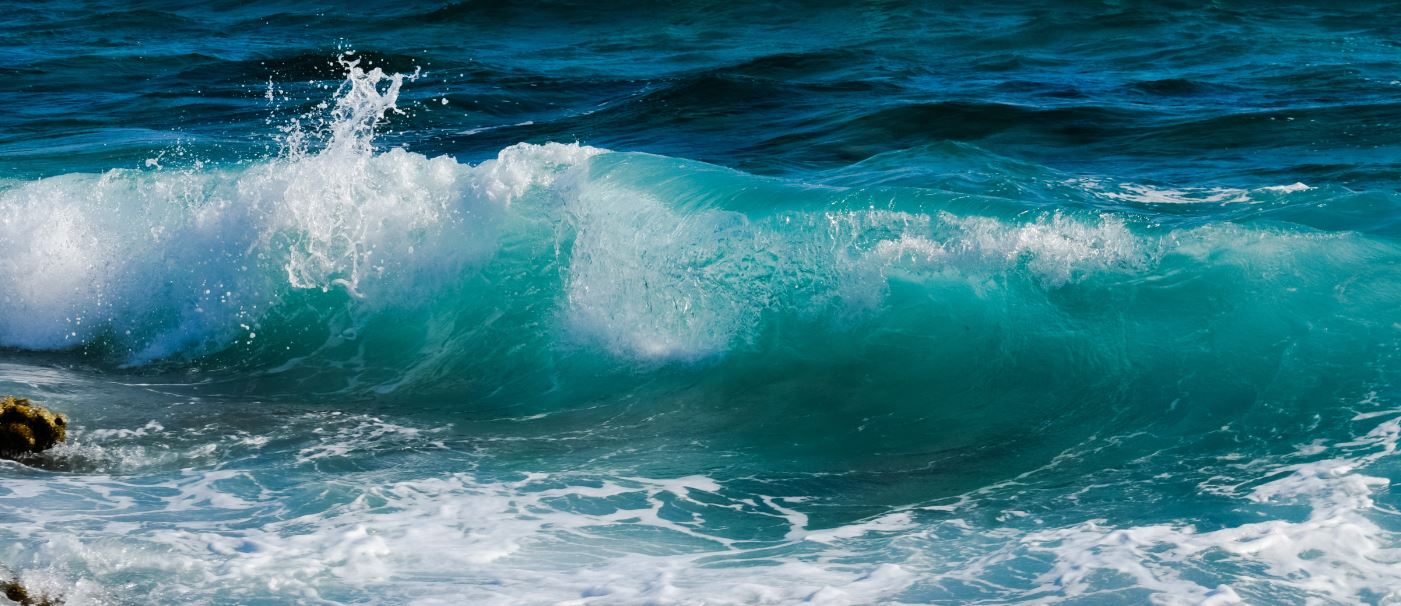QUEEN’S OFFERING FREE TESTING TO IMPROVE MARINE RENEWABLE ENERGY 
20 August 2019
Queen’s University is offering free access to world-leading testing equipment and analysis at its tidal test site and wide wave basin in Portaferry, as part of a European initiative to accelerate the development of marine renewable energy.
The University’s Marine Group, which has more than 40 years’ experience, world leading analysis methods and state-of-the-art equipment, is extending the unique opportunity to offshore energy technology developers as part of the Horizon 2020 MaRINET2 project.
Dr Pal Schmitt, who is based at Queen’s University’s Marine Lab, commented: “This is a fantastic opportunity for offshore energy technology developers, including wave, tidal and offshore wind energy companies, to avail of free testing.
“At Queen’s, our experts are renowned for their extensive expertise in scaled wave tank and field testing. Our facilities and equipment are world-class and we are ready to support industry partners from early design stages, right through to industrial prototype development.
“By working together we will drive forward the advancement of marine renewable energy in Europe.”
The MaRINET2 project, which has been funded €10.5m by Horizon 2020, supports offshore renewable energy research and development activities. It provides free-of-charge access to a network of 57 world-leading research facilities across Europe – including Queen’s – through a series of competitive calls.
This is the fourth call through the project and it is open until 30 September 2019. The first three MaRINET2 calls awarded €3.5 million in free testing access to almost 100 users.
Christophe Maisondieu, MaRINET2 Access Coordinator, Ifremer, said: “Each of the MaRINET2 facilities has something to offer technology developers looking to take their devices or components to the next level. The strength of this project is the broad range of expertise and equipment on offer, and the opportunity to learn from partners in other countries.”
A webinar to assist candidates with their application and share updates on the process is scheduled for 28 August.
An open call for virtual access to data sets and a free-of-charge training programme are also available through the project.
For details on eligibility criteria, how to apply, available testing infrastructures etc. please visit the MaRINET2 website: www.marinet2.eu
Media enquiries to Emma Gallagher at Queen’s University Communications Office; telephone +44 (0)28 9097 3087.
Main image by Dimitris Vetsikas from Pixabay
Back to Main News
Top of Page